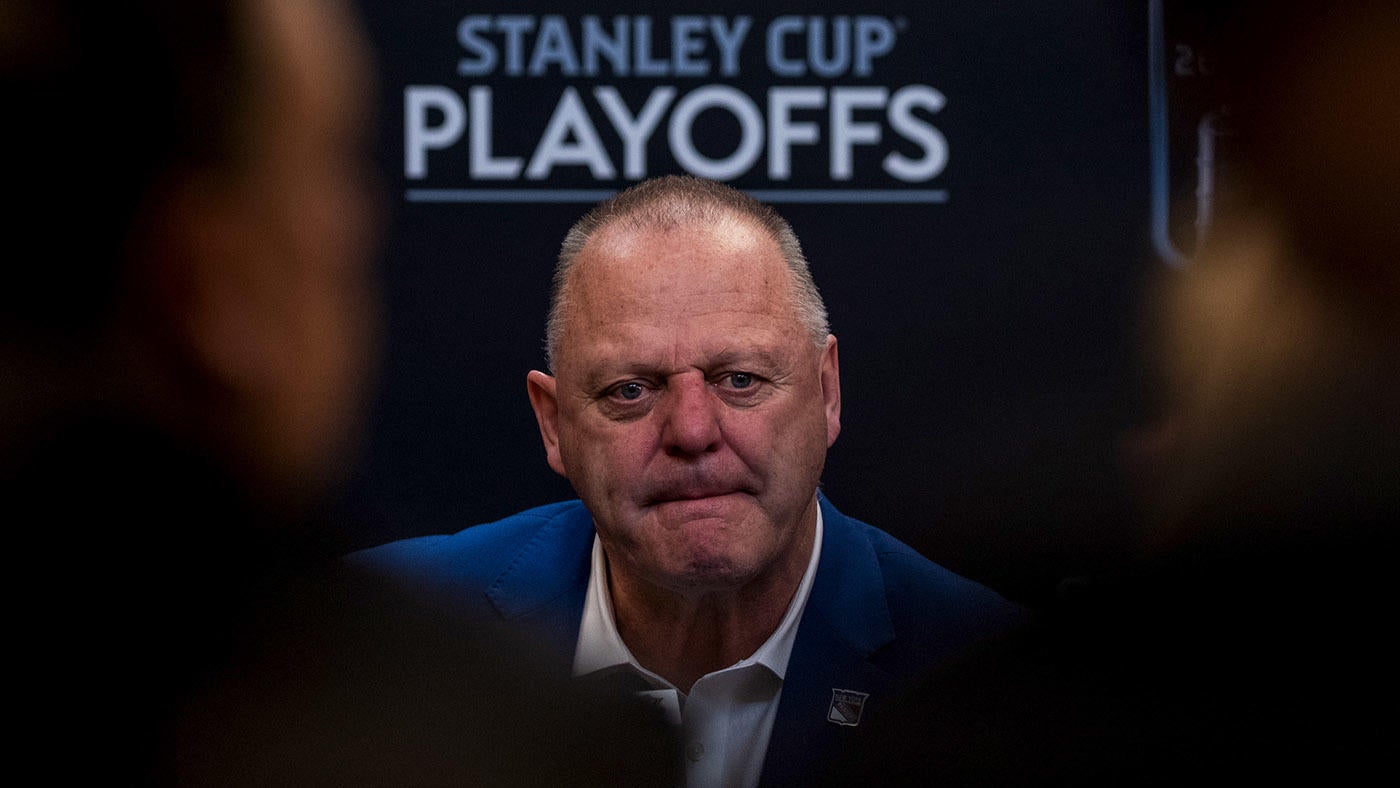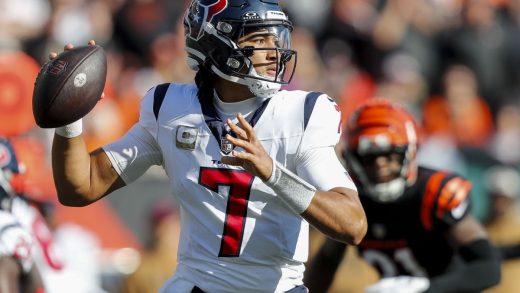
The New York Rangers have once again made headlines in the NHL world with their recent decision to dismiss head coach Gerard Gallant. This move comes just two years after Gallant was hired to lead the team, and it continues a pattern of swift head coach turnover that has become a hallmark of the Rangers organization.
Gallant was brought on board in 2019 with high hopes and expectations. He had previously led the Vegas Golden Knights to the Stanley Cup Final in their inaugural season, and his reputation as a skilled coach made him an attractive candidate for the Rangers. However, despite some early success, including a playoff appearance in his first year, the team struggled to find consistent success under Gallant’s leadership.
The decision to let Gallant go was not entirely unexpected, given the Rangers’ history of making quick coaching changes. In fact, Gallant was the fourth head coach to be fired by the team in just six years. This rapid turnover has raised questions about the organization’s stability and its ability to develop a long-term strategy for success.
Some have speculated that the Rangers’ tendency to change coaches so frequently is a result of pressure from ownership and fans to win now. The team has a passionate fan base and a history of success, including four Stanley Cup championships. However, in recent years, they have struggled to live up to those expectations, leading to frustration among fans and management alike.
Others have pointed to the team’s roster construction as a factor in their coaching woes. The Rangers have invested heavily in young talent in recent years, including star forwards Artemi Panarin and Alexis Lafreniere. While these players have shown promise, they are still developing and may not be ready to carry the team to sustained success just yet.
Despite these challenges, the Rangers remain a team with immense potential. They have a talented roster and a strong farm system that could produce even more stars in the coming years. However, if they hope to achieve their goals and end their coaching carousel, they will need to find a coach who can provide stability and a clear vision for the future.
In the meantime, the Rangers will continue their search for a new head coach. They have already begun interviewing candidates, including former Rangers player and current assistant coach Chris Drury. Whoever they choose will have big shoes to fill, but if they can provide the stability and leadership the team needs, they could be the one to finally end the Rangers’ cycle of coaching turnover.


